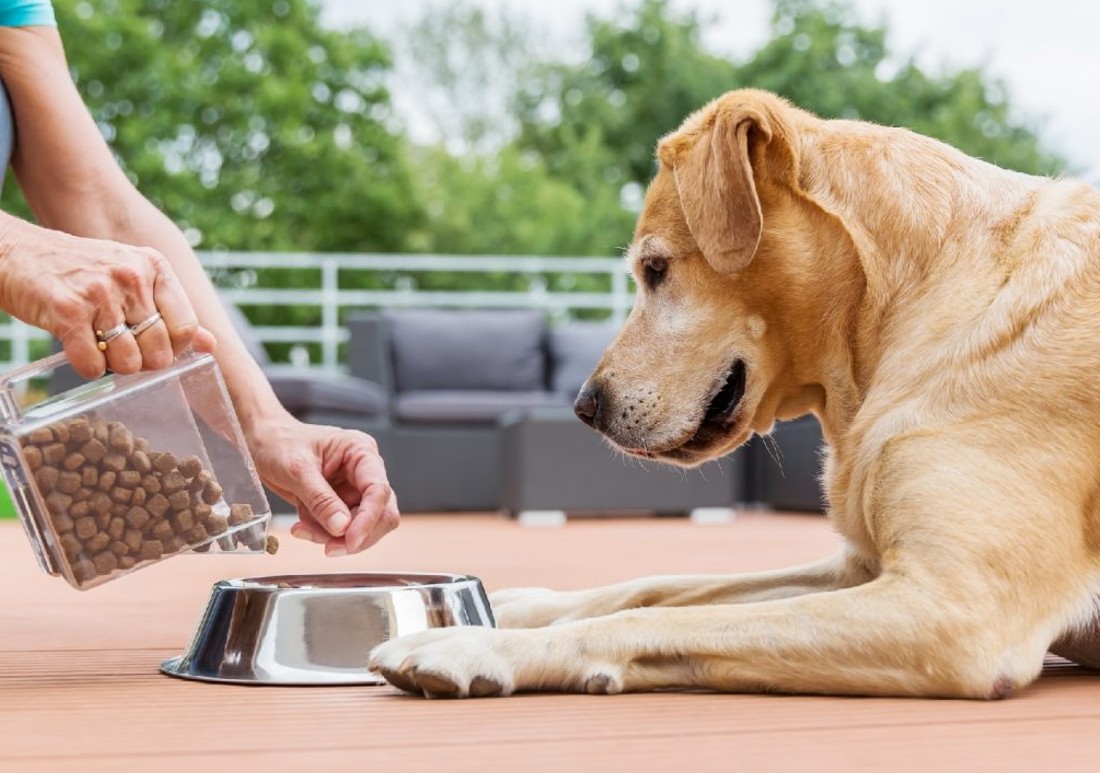Dog Not Eating? Causes and Possible Solutions

If you’re worried because your pup refuses to eat, you’re not alone. Many dog owners go through the same situation. If your dog isn’t eating, it may be stress, illness, or an underlying cause. When your pup isn’t eating, developing a plan of action is essential to getting your pup’s diet back on track.
This article shares the most common causes of dogs not eating and possible solutions. We’ll provide information on the potential causes of dogs not eating, the signs to look out for, and explain when it’s time to get help from a qualified veterinarian.
Common Reasons Dogs Suddenly Stop Eating
Many different factors can cause a dog to stop eating. Here are some of the most common reasons:
Illness or Injury
If your dog has recently become ill or injured, it could be causing them not to want to eat. Common illnesses that may cause a lack of appetite include infections, cancer, liver disease, and gastrointestinal problems. Additionally, dental issues can also lead to decreased appetite in dogs. Physical injuries can also cause discomfort or pain, leading your pet to avoid eating.
Stress
Other common reasons that can stop a dog from wanting to eat include stress, anxiety, depression, and boredom. If your dog feels stressed due to a move or a new pet in the house, they may forget their appetite. Additionally, if they get anxious around loud noises such as fireworks or thunderstorms, they may avoid taking in food until the noise passes.
Change of Diet
Sometimes a sudden change of diet can cause a decrease in appetite in dogs. If you recently switched dog food brands or tried a new recipe for homemade meals, it could be off-putting for your pet’s taste buds and leave them uninterested in sustenance.
Signs of Illness or Injury
It is important to look for specific signs indicating why your pup has decreased appetite. If you notice any of the following signs that go along with their lack of interest in food, it could be worth consulting with your veterinarian:
- Vomiting or diarrhea
- Changes to their weight
- Changes in energy levels
- Unusual behaviors (constantly licking certain areas)
- Change in water intake or urination
- Discharge from eyes or nose
- Coughing or sneezing
Tips to Reduce Stress
If you suspect that stress is the cause for why your pup is turning away from food, there are several strategies you can employ to reduce their stress levels: • Exercise: Take your pup on long walks and offer new toys for them to play with so they stay engaged and active throughout their day. Doing this will help burn off energy and diffuse anxiety-related behavior such as barking and destructiveness.
- Routine: Establishing a consistent daily routine will help keep them calm as they know what activities will occur at certain times throughout their day and night.
- Diet: Providing high-quality dog food can provide essential nutrients to keep them healthy and content throughout the day. Make sure you are using high-quality ingredients when creating homemade meals and selecting healthy options when choosing commercial dog food brands.
How to Switch Your Dog’s Diet
It can be tricky to transition between types of diets for dogs since pets are creatures of habit who often get stuck on one particular kind of food once they become used to it over time. Here are some tips on how to make the switch from one type of diet to another gradually:
- Introduce small amounts at first: Start introducing small pieces of newcomer foods mixed into their current diet before completely switching over completely over time (for example, start by adding 10% newcomer food mixed in with 90% current food).
- Gradually increase amounts: Continue gradually increasing the quantity of newcomer food mixed into their diet each week until you reach 100%.
- Don’t rush: Don’t expect your puppy to love their new diet immediately – it takes time for dogs (just like humans) to adjust, so don’t rush things too much!
What To Do If Your Dog Refuses To Eat
If you rule out all other potential causes and your pup still won’t eat anything, it may be time for you to take them to the vet.
If your dog suddenly stops eating, it’s important to assess the potential causes and look for any signs indicating a medical problem. With the right combination of care and understanding, you should be able to determine the underlying cause of your pup’s eating troubles and get them back to their regular diet in no time!
Your Pet’s Best Interest, Always
At Pet Institute, we take pet care seriously. We're dedicated to transparency, impartiality, and the well-being of your pets in every article, review, and recommendation we provide. Our unwavering commitment to these principles ensures that you, our valued reader, always receive reliable and unbiased information. Let us be your trusted guide in the world of pet care and companionship.